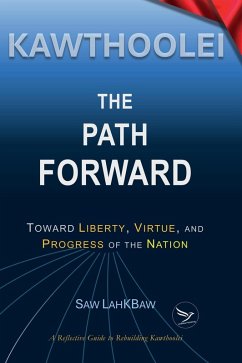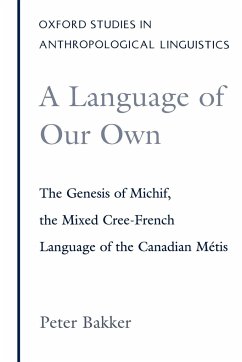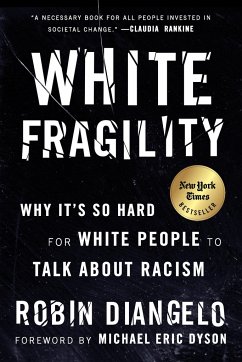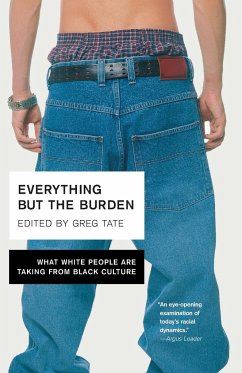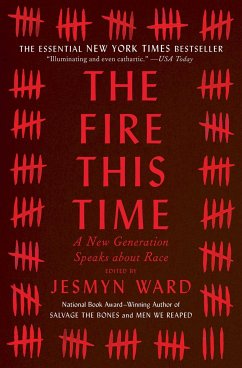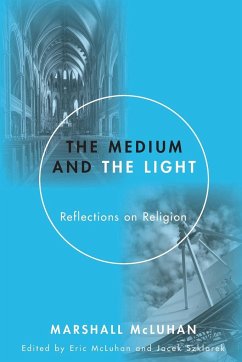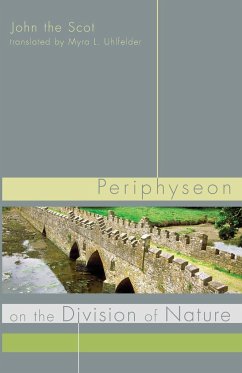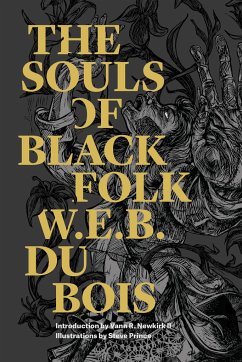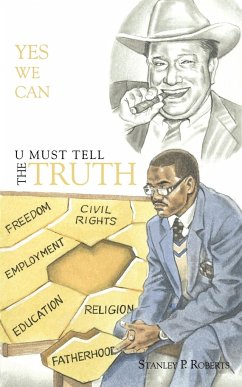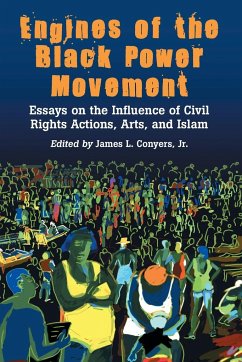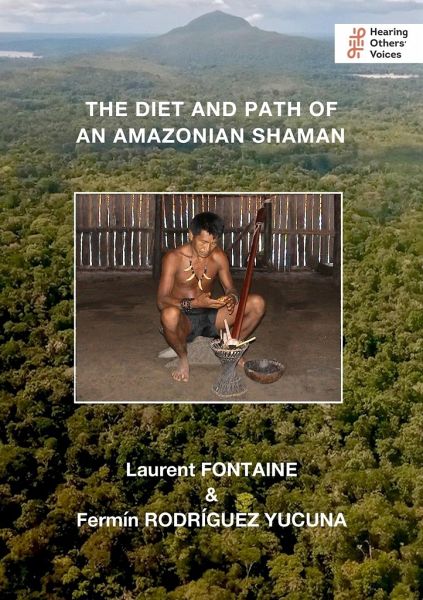
The Diet and Path of an Amazonian Shaman
Versandkostenfrei!
Versandfertig in 1-2 Wochen
20,99 €
inkl. MwSt.

PAYBACK Punkte
10 °P sammeln!
In shamanism, there are two paths. The first always occurs involuntarily and unexpectedly when one has been chosen by an invisible entity (spirit, ancestor or master of the forest), most often during a traumatic event (illness, accident or Near Death Experience). However, the second path requires that one expresses his will to develop his powers with master shamans by means of rituals and initiation trials. For anyone who has never had the opportunity to be challenged by supernatural entities, the second path not only allows to meet them in order to ask for a spiritual development, but also to...
In shamanism, there are two paths. The first always occurs involuntarily and unexpectedly when one has been chosen by an invisible entity (spirit, ancestor or master of the forest), most often during a traumatic event (illness, accident or Near Death Experience). However, the second path requires that one expresses his will to develop his powers with master shamans by means of rituals and initiation trials. For anyone who has never had the opportunity to be challenged by supernatural entities, the second path not only allows to meet them in order to ask for a spiritual development, but also to recover shamanic powers apparently lost. This is the path that Fermín followed during seven years of dieting and learning incantations, to 'see' and 'extract' diseases of the body, and even travel as a jaguar in unsuspected worlds.



